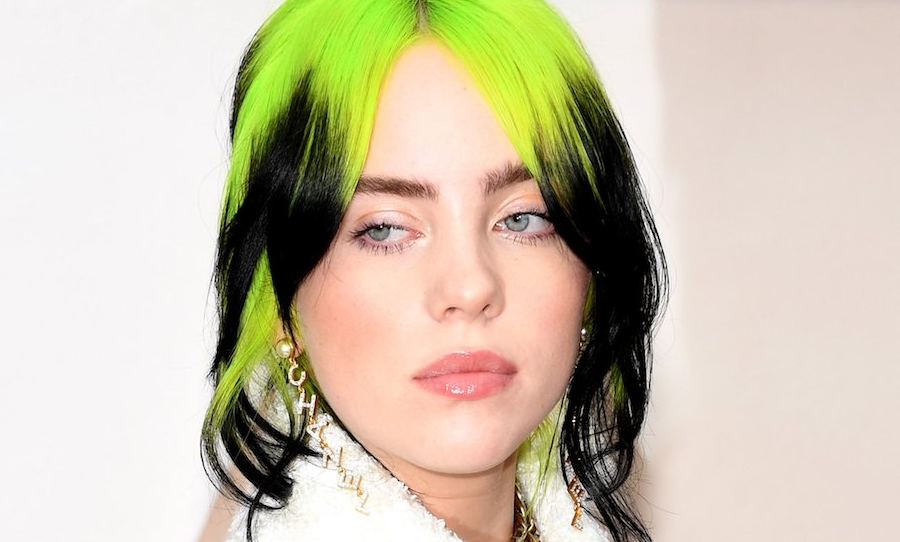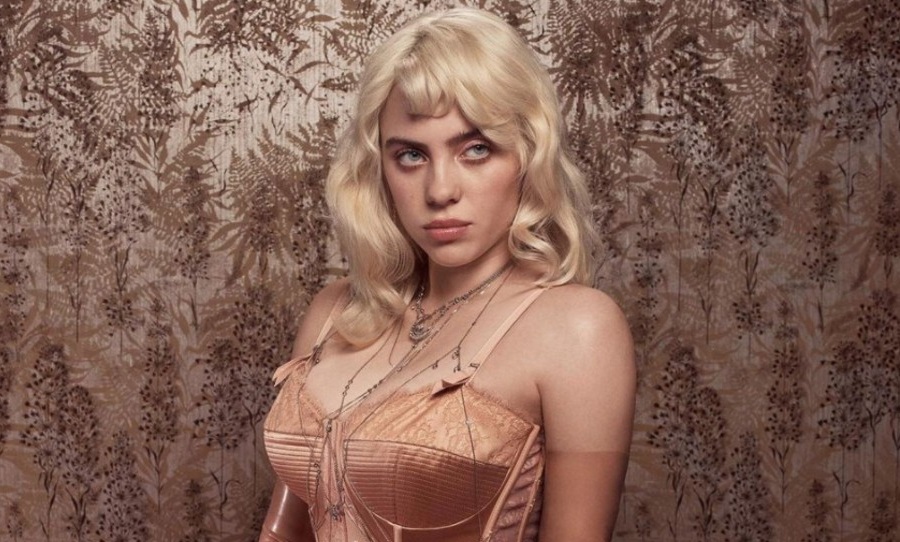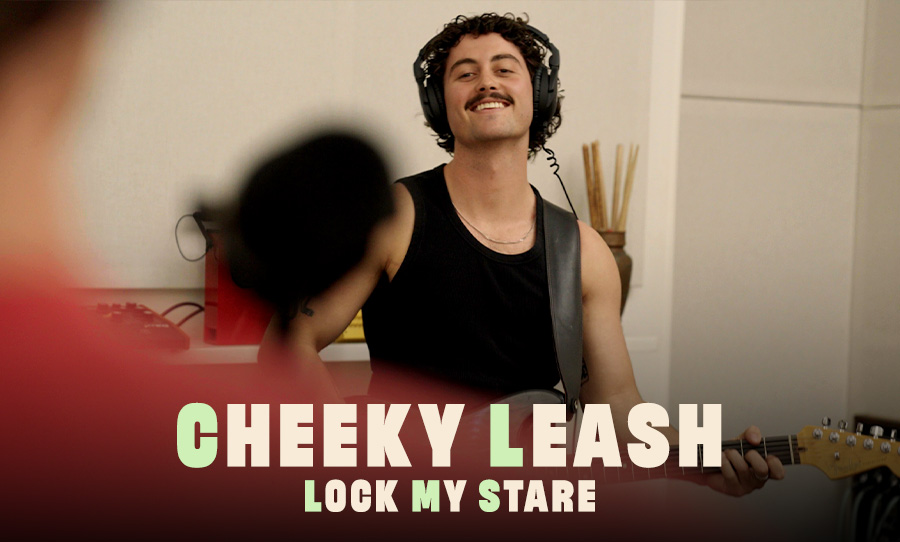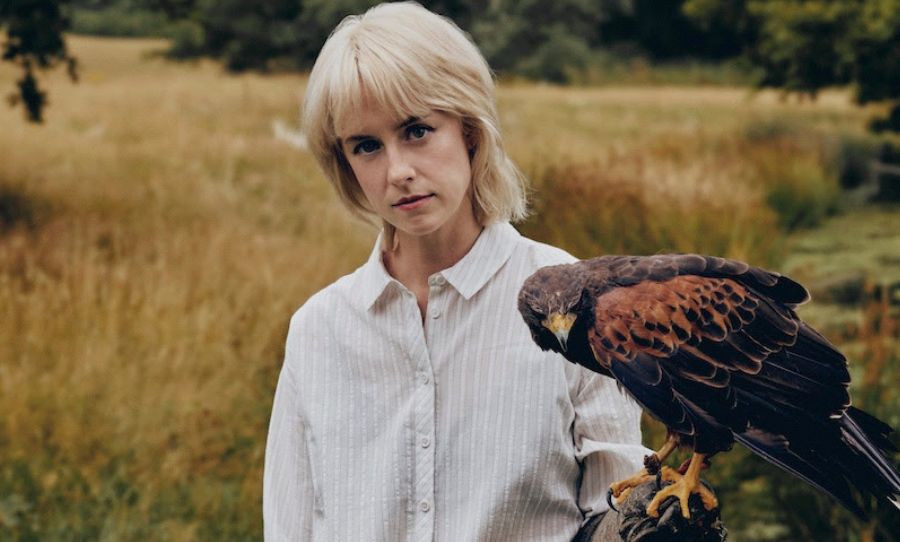Billie Eilish’s Vogue cover is being trolled. It seems that trying to control women’s agency over their bodies has yet to go out of style.
Billie Eilish’s Vogue cover has been sitting on my mind for a while now. For those that have read the Vogue spread, Eilish premeditated the exact reaction from the disappointed social media trolls that have blasted her for setting a bad example for her fanbase, making their responses equally upsetting as they are idiotic (and ironic.)
The Vogue cover ushered in a new evolution of Billie Eilish’s aesthetic (conceptually imagined and executed by Eilish herself) – replacing the grungy tones and neon hair of the ‘bad guy’ era, with corsets, pastels and an illuminating sense of optimism. But despite the razor-sharp, intellectual quality of her interview, many people were somehow still concerned with sexualising and demonising her body.
While many reacted with support, many comments on Eilish’s Instagram posts of the Vogue spread read as a deluge of negativity and disappointment. People accused the singer of allowing herself to be sexualised for fame and money, acting as if her body belonged not to herself, but to her fanbase. Some would argue that this sense of possessiveness over Eilish’s body is limited to the trappings of being young, rich and famous. I wholeheartedly disagree.

Billie Eilish is a once-in-a-generation talent, who has achieved incredible accomplishments, like being the first artist born in the 21st century to top the Billboard 200, the youngest ‘Best Album’ winner at the Grammys, and a wielder of borderline-unbelievable chart success.
All accomplishments that are leagues beyond most people’s comprehension. While taking into account that Eilish is white, and as a result, retains white privilege, it would be a disservice to say that her success can only be attributed to her race. Her talent has always had a universal appeal, in the sense that she is capable of addressing the deepest, fragile and most fractured parts of our shared experience.
The quality of her lyricism, her voice, her intellect and her capacity to connect with millions of people around the world is undeniable. Yet despite all of this, the disappointing reactions to her Vogue cover are saying that Billie Eilish is not enough. And that’s the problem. Women are never enough.
June’s cover star @BillieEilish is a Gen Z icon, but her fandom spans generations – and includes more than a few famous faces. Here, she answers questions from Justin Bieber and 22 other famous fans. Watch the full film: https://t.co/YSDxqQ5pe6 pic.twitter.com/h8deTb3R8S
— British Vogue (@BritishVogue) May 3, 2021
In Australia, the national conversation has been dominated by discussions of sexual assault, misogyny, exploitation and sexism. Just yesterday, an independent review of Gymnastics Australia revealed a culture of emotional, physical and sexual abuse.
The 2021 consent petition launched by Chanel Contos revealed the stories of hundreds of thousands of Australian women that had experienced sexual assault, Brittany Higgins’ allegations inspired a series of solidarity marches across the nation, the list could go on and on. The reality is that we live in a society where women are exploited, abused and objectified.
Eilish discusses this idea with Vogue, addressing the content of her recent single, Your Power, which positions abusers with the onus of the abuse, an attempt to break the repetitive, often sexist cycle of placing the burden on the victim.
“I would like people to listen to me. And not just try to figure out who I’m talking about, because it’s not about that. It’s really not at all about one person. You might think, ‘It’s because she’s in the music industry’ – no, dude. It’s everywhere… I don’t know one girl or woman who hasn’t had a weird experience, or a really bad experience,” she said.
You can’t sell out when you’ve already OUTSOLD the entire planet. She was an icon in her pyjamas and she’s simply STILL an icon now that she’s switched to lingerie. pic.twitter.com/1pu8IMIAvV
— Jameela Jamil 🌈 (@jameelajamil) May 3, 2021
Billie Eilish also discussed the complex feelings that accompany the process by which women critique their bodies – to be overly sexualised is to be not taken seriously, to be overly serious is to be not considered attractive.
Eilish speaks to this exact sentiment when discussing the “celebration of her in opposition to more scantily dressed pop girls” and the effect of feeling undesirable in the face of her own burgeoning womanhood.
“Don’t make me not a role model because you’re turned on by me,” she explains in the interview, drawing out the sexist undertones of the media, and people’s, expectations of her. It all seems quite introspective for a 19 year old, but the sad reality is that just like Billie Eilish, many women experience some form of exploitation, abuse or assault by the age of 18.
For Bla(c)k/Indigenous people of colour (BIPOC) and women of colour (WOC), the statistics are even more devastating and reflect the repercussions of sexism on people experiencing multiple points of marginalisation.
“Showing your body and showing your skin – or not – should not take any respect away from you.” In British Vogue’s June 2021 issue, @BillieEilish talks to Laura Snapes about her latest transformation, new music, and living life on her own terms. https://t.co/JM1SBrXf06 pic.twitter.com/eHBzs3pqHJ
— British Vogue (@BritishVogue) May 2, 2021
A particular excerpt of the Vogue spread stood out, where Eilish discusses the potential fallout of using traditionally restrictive garments like corsets in the shoot. The singer raises the question of “If [Eilish] is about body positivity, why would [she] wear a corset? Why wouldn’t [she] show [her] actual body?” Her response: “My thing is that I can do whatever I want.”
The central idea comes back to not just confidence, but liberated agency. Something that Eilish is afforded by her status, but that not every woman is nearly as privileged to have – you’d think it’d be a fundamental right. With trolls so harshly criticising her for choosing clothing that isn’t as “modest” as she’s dressed before, they’re removing the exact agency that they’re trying to defend, circling back to this insane habit of wanting to control women’s bodies.
However, the fact is that it doesn’t even seem to matter what Eilish wears – if we throw it back to the infamous paparazzi photo, where she was fat-shamed by an adult man, for wearing baggy pants and a tank top.
in 10 months Billie Eilish has developed a mid-30’s wine mom body. pic.twitter.com/pMRFdZZ7mE
— GamesNosh (@GamesNosh) October 13, 2020
In saying this, many of the responses to Billie Eilish’s Vogue cover were deservedly supportive. But her critics have carved a space for more. A space for more to be done in addressing a damning culture of sexualisation, as well as making reform inclusive of BIPOC and WOC who are facing multiple points of discrimination, beyond just their gender.
If anything, the negativity that has been thrown Eilish’s way has just made the space for a feminist call to action, endorsed by the popstar herself, as she navigates her way through adulthood, womanhood and superstardom.



